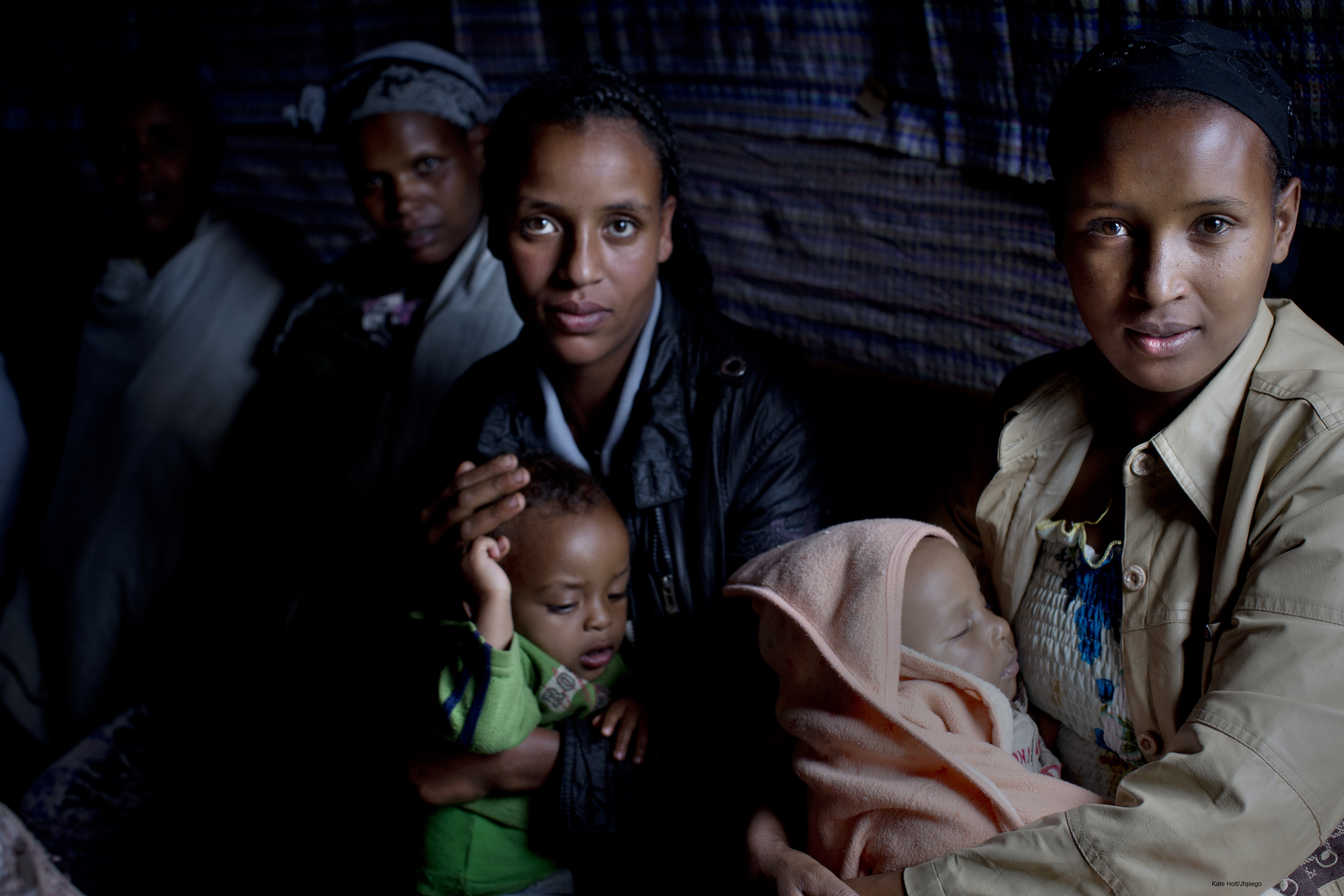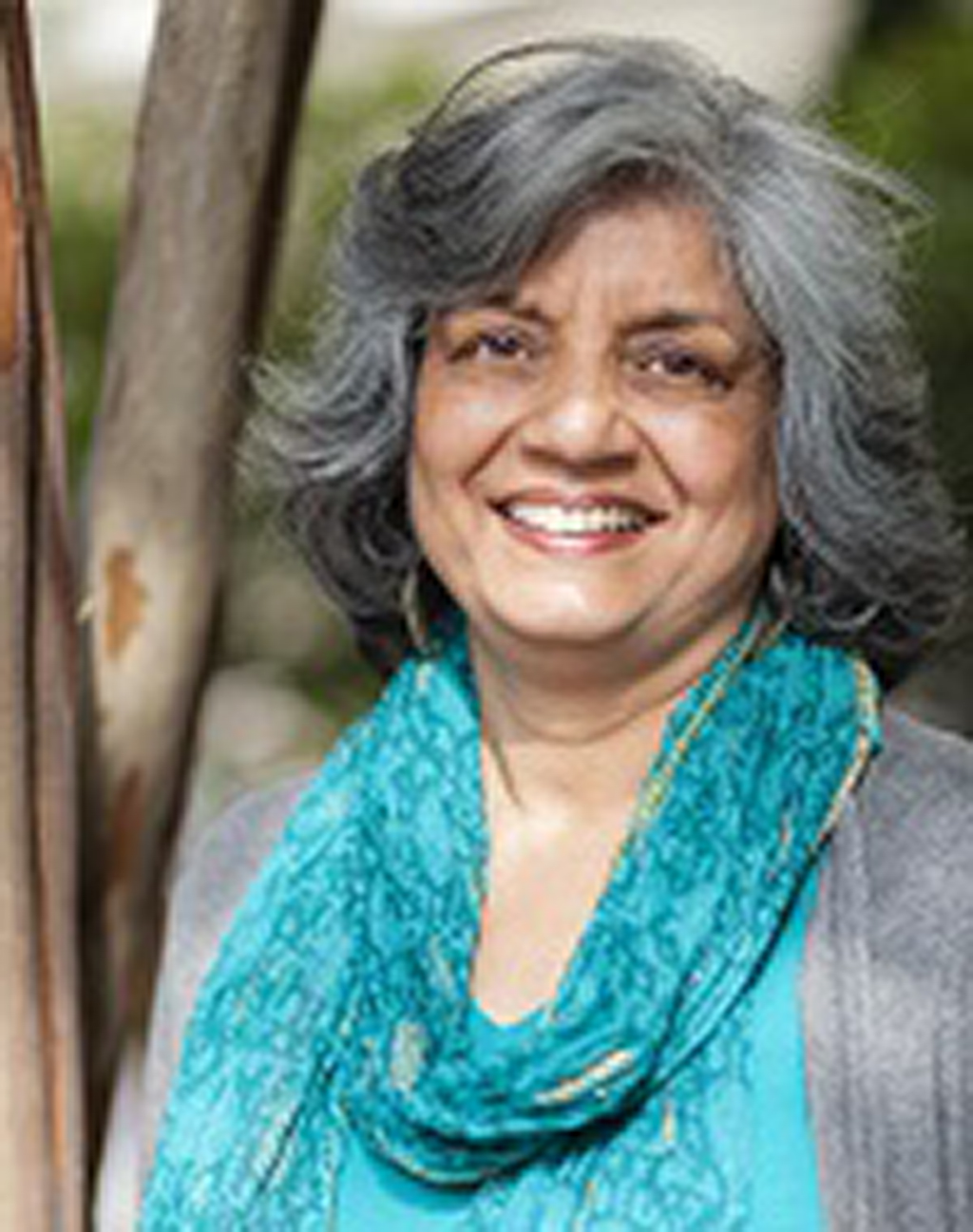Dear friends,
On June 25th, the United States Agency for International Development (USAID)’s Bureau for Global Health announced the award of their flagship Maternal and Child Survival Program (MCSP), designed to advance USAID’s goal of preventing child and maternal deaths by supporting the introduction, scale up and sustainability of high-impact reproductive, maternal, newborn, and child health (RMNCH) interventions.
While MCSP is the principal follow-on to the Maternal and Child Health Integrated Program (MCHIP), which ends December 2014, the scope of this Program has expanded to reflect a changing global RMNCH landscape as well as shifts in USAID’s own priorities. The Program will place greater emphasis on key cross-cutting issues such as innovation, e/mHealth, equity, quality, gender, public-private partnerships, and involvement of civil society, community approaches and behavior change interventions including through communication. While maintaining focus on the technical high impact interventions, MCSP will work toward sustainable scale up to include strengthening the health systems that deliver these interventions.

- Photo: Kate Holt/Jhpiego
This week marks an exciting step in our global efforts to improve the lives of women and children worldwide: we’re launching our new Twitter name and handle (@MCSPglobal) and Facebook page! As MCHIP winds down and MCSP launches, we are switching over our digital resources to reflect our new program and name.
However, many things at USAID’s flagship maternal and child health program will not change—including our mission to help end preventable child and maternal deaths, and our tireless efforts to ensure that those women, newborns and children most in need have equitable access to high-quality health care services. “No mother should die giving birth” is the essence of Millennium Development Goal 5, and remains a mantra that we strive for as our efforts turn to 24 priority countries.
-

Photo: Jhpiego
This month, the US Department of State released a statement underscoring the need for gender equality, with Secretary John Kerry stressing that “investing in women and girls worldwide is critical to advancing U.S. foreign policy.” Those of us in global public health know how critical this work is; we see it every day.
Yet, as we end one program and begin another, we’re acutely aware of what work lies ahead—particularly in reversing the frequent neglect of the poorest and most marginalized. Today, the danger of dying before age five depends almost entirely on where you are born, and more than half a million women—most of them in developing countries—die yearly from largely preventable complications related to pregnancy or childbirth.
-

Photo: Kate Holt/Jhpiego
But in these tragic facts there is hope—that we can build on our successes and learn from our challenges, that with an eye on equity across all services and programs we can close the gaps that stubbornly remain. Our future success, we know, depends heavily on our ability to reach those most in need.
So we move forward, with our past investments acting as the building blocks for our continued efforts to strengthen health systems comprehensively, and ensure increased coverage and lasting results. We celebrate success where it has occurred, but also recommit ourselves to the ongoing task of rolling back preventable child and maternal deaths.
MCHIP has had six great years of success. We’re now @MCSPGlobal and excited for what lies ahead. I encourage you to join us on this new journey!
With warm regards,
Koki Agarwal, MD, MPH, DrPH
Director


